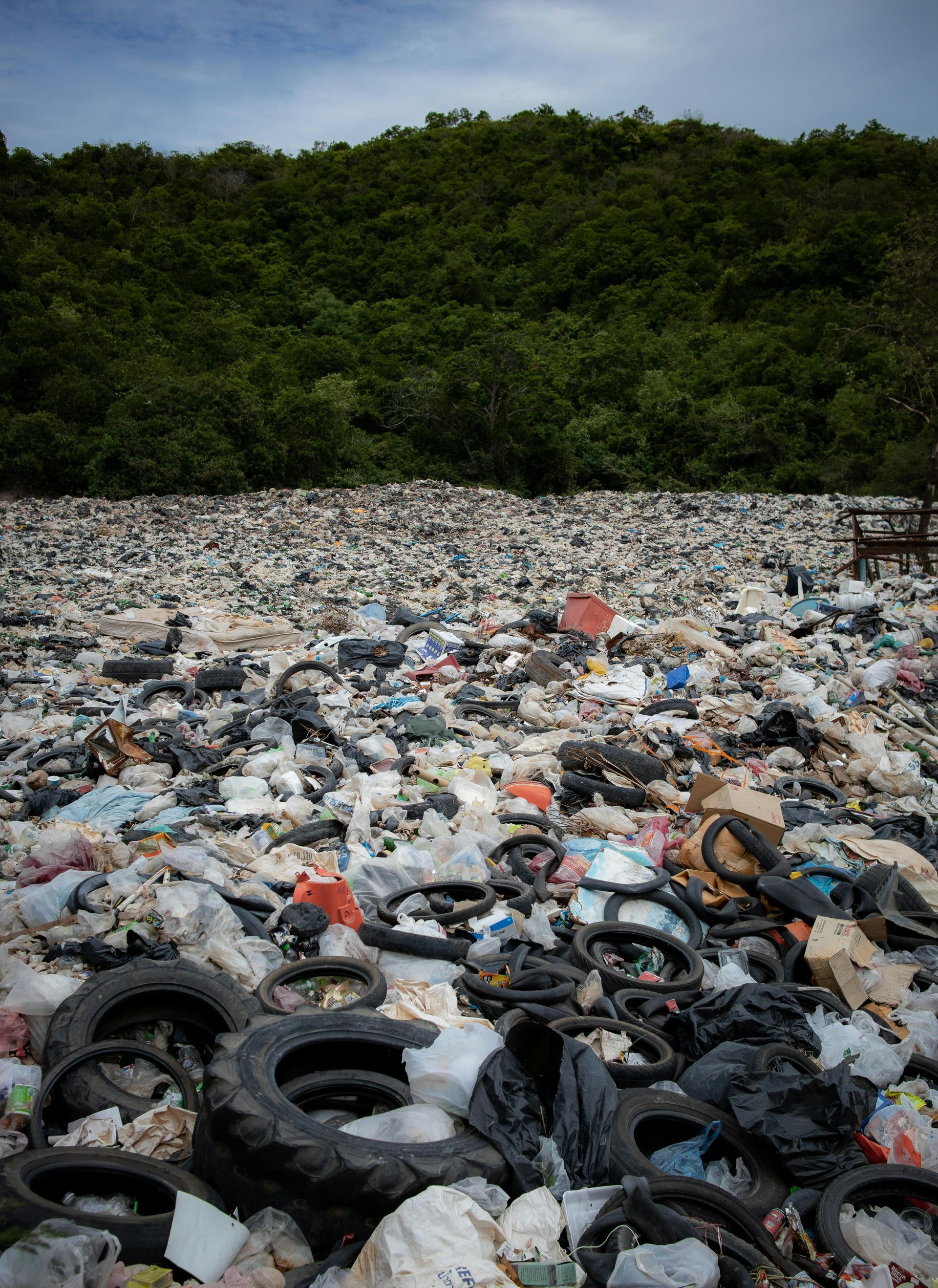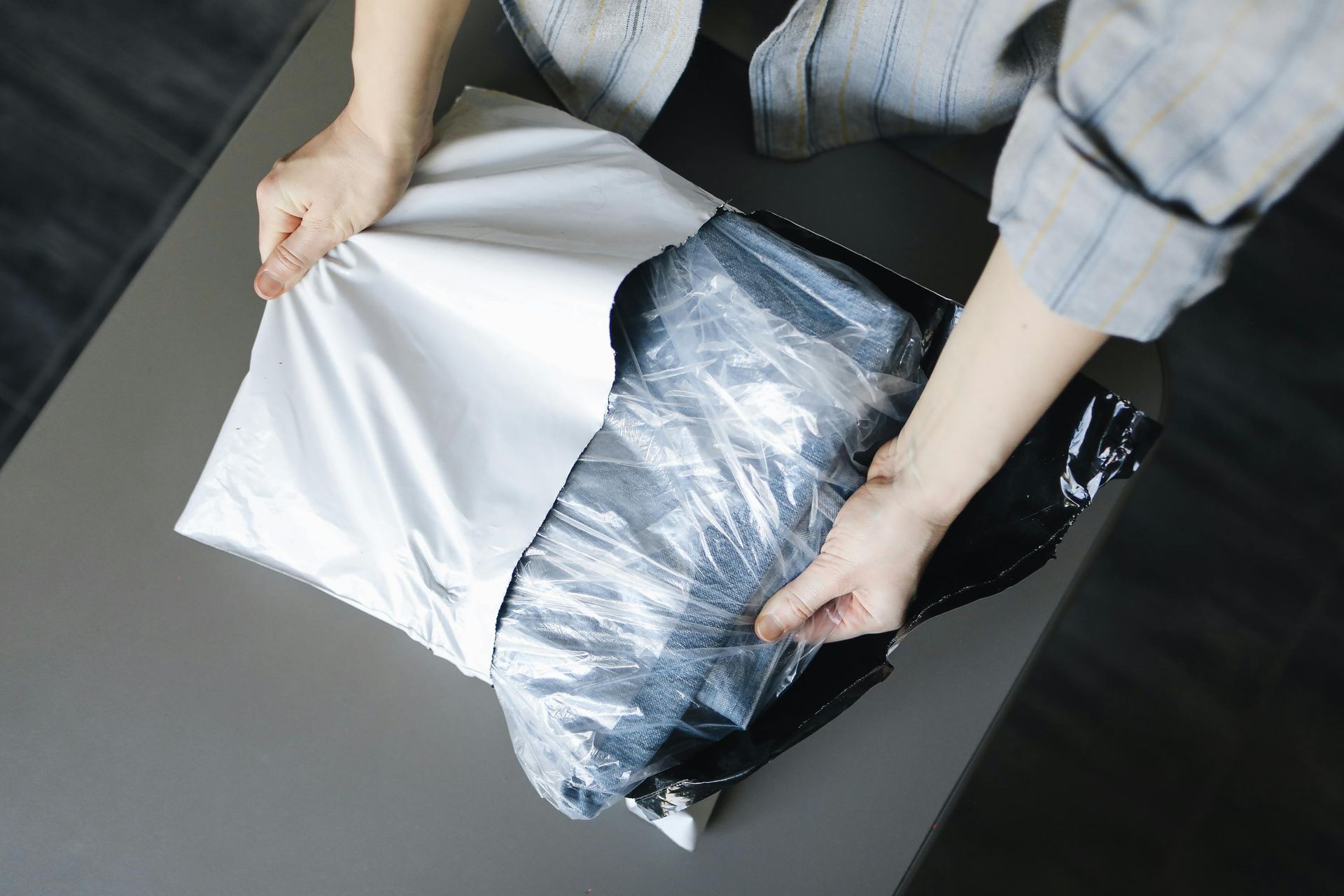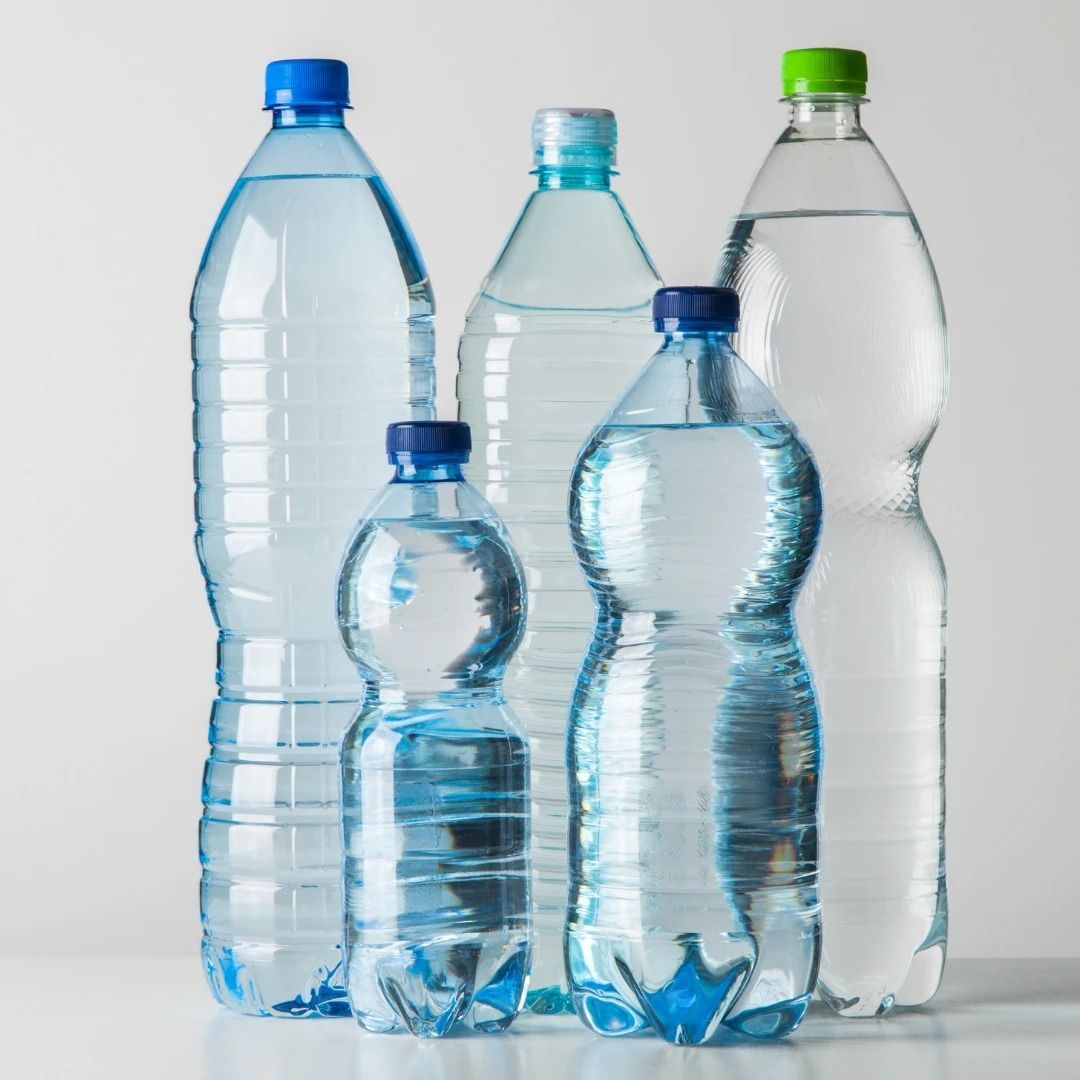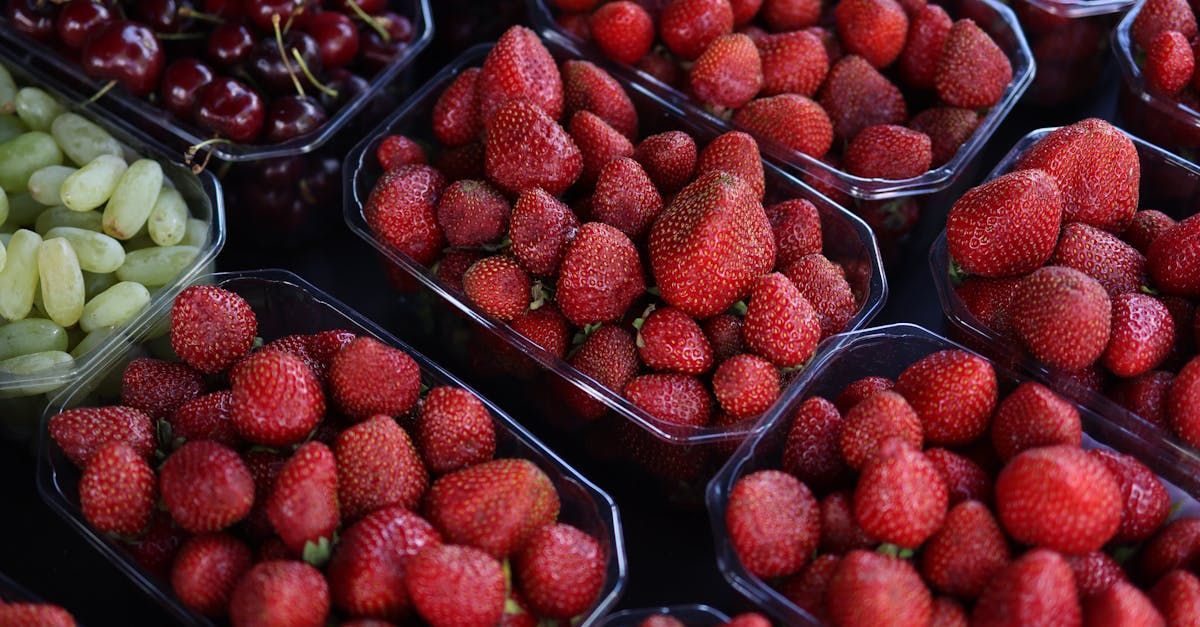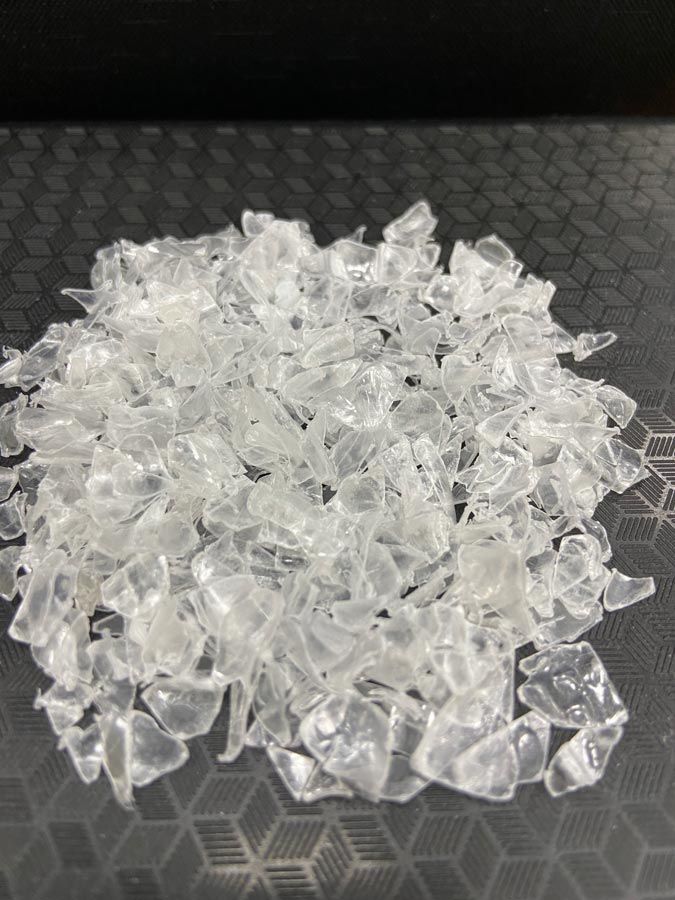Ishitva Tech and RiBotl are shaping the future of waste management by integrating advanced AI and Machine Learning (ML) sorting systems into practical recycling operations.
Ishitva Tech’s AI/ML Sorting Innovations
Ishitva Tech, an Indian pioneer in waste automation, harnesses AI and ML to revolutionize traditional recycling processes. Their proprietary systems—like NETRA (AI-powered vision), YUTA (robotic sorting), and SUKA (AI air sorting)—use industrial cameras, neural networks, and computer vision to rapidly identify, classify, and sort dry waste by polymer type, color, brand, and even melt flow index. These solutions enable high-precision segregation of recyclables, reducing labor and increasing material purity while adapting dynamically to changing waste streams.
Key Features:
- Real-time object detection and classification using millions of labeled images.
- Self-learning algorithms that constantly refine identification accuracy.
- Autonomous robotic arms and pneumatic mechanisms for high speed, contactless sorting.
- Smart bins and facility-wide monitoring for data-driven, efficient waste management.
RiBotl: Operational Excellence with AI Sorting
RiBotl has distinguished itself in the recycling sector—becoming the first Indian company to receive RecyClass certification — by deploying best-in-class sorting technology in its operations.
RiBotl’s operations benefit from:
- Automated sorting lines that increase throughput and reduce contamination.
- Algorithms capable of discerning and separating plastics and packaging based on recyclability standards.
- Technology that aligns with global requirements for traceability and sustainable recycling.
How Ishitva AI/ML Sorting Empowers RiBotl
By installing Ishitva’s AI-powered solutions, RiBotl automates the entire waste
sorting cycle—from initial detection to physical separation—delivering:
- Better quality of sorted materials.
- Increased operational speed and reduced dependence on manual labor.
- Superior environmental outcomes by minimizing landfill waste and raising recycling rates.
- Continuous system improvement through data analytics and AI self-learning.
This collaboration illustrates how modern recycling leverages digital intelligence and robotics to turn what was once an unsustainable manual process into an efficient, scalable, and eco-friendly operation—setting benchmarks for material recovery and circular economy practices in India and beyond.


